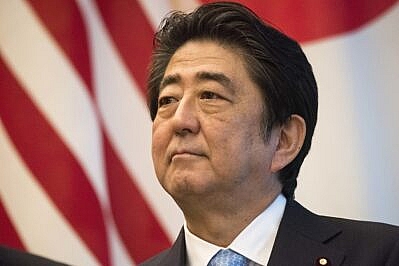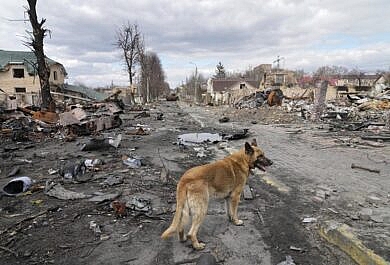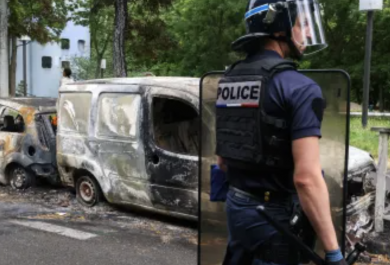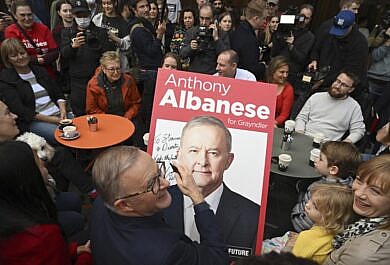Japan’s former Prime Minister Shinzo Abe was assassinated at a campaign rally on Friday.
Summary
Former Prime Minister Shinzo Abe, Japan’s longest-serving postwar prime minister, was assassinated on Friday at a campaign event in Western Japan.
- Abe was gunned down in the city of Nara by a shooter wielding an apparently homemade gun. He was shot twice in the back while giving a stump speech for a political candidate. Abe immediately collapsed and was rushed to the nearest hospital where he was pronounced dead.
- The suspected shooter, Tetsuya Yamagami, told police he was “dissatisfied with Abe and wanted to kill him.”
- Japanese Prime Minister Fumio Kishida condemned the “barbaric attack” on “the foundation of democracy” in an emotional speech, saying “We will never be able to forgive.”
- During his periods in office from 2006-2007 and 2012-2020, Abe bolstered Japan’s national defense, was a staunch ally of the United States, and launched domestic policies to boost Japan’s economy known as “Abenomics.” He stepped down in 2020 for health reasons.
- Abe was widely popular, and oversaw Japan’s recovery from the 2011 earthquake and Fukushima nuclear disaster but failed to achieve his long-held goal of revising Japan’s pacifist constitution to allow it to become a “normal country” with a military to defend itself from a rising China.
- Assassination was a common feature of Japanese politics before World War II, with the years leading up to the attack on Pearl Harbor earning the moniker “Government by Assassination,” but the last major political killing prior to Abe’s murder was in 1960.
![]()
- The Associated Press and NPR both emphasized Abe’s “ultra-nationalism,” which neither outlet bothered to define. NPR observed Abe was a critical negotiator in international forums like the G-7 and the Trans-Pacific Partnership yet criticized him for “anger[ing]” China (and the AP attacked him for “riling” North Korea) by speaking out against a potential Chinese invasion of Taiwan. It is unclear why either ostensibly mainstream outlet felt the need to editorialize so strongly against a world leader and US ally who was just murdered.
- The Washington Post, The New York Times, Reuters, and The Associated Press each ran articles praising Japan’s gun control regime emphasizing the small number of gun crimes that occur in Japan each year. However, even the Times had to note, “It’s not clear how the rules around Japan’s gun ownership pertained to the suspect in the Abe shooting. The gun involved appeared to be homemade, based on videos and photos.”
- Axios reported current and former world leaders were shocked by the killing of Shinzo Abe. President Joe Biden said in a statement he was “stunned, outraged, and deeply saddened” but included an odd remark, “gun violence always leaves a deep scar on the communities that are affected by it” that seemed designed for a U.S. audience. Former President Donald Trump called Abe “a great man” and said his murder was “really BAD NEWS FOR THE WORLD!” Australia’s Prime Minister hailed Abe as “a giant on the world stage” with a legacy of “global impact.”
![]()
- The Wall Street Journal’s obituary hailed Abe as an “enduring leader who bolstered national defense” who “championed a revival in the economic and military strength of a country that began to stagnate in the 1990s.”
- National Review condemned the “pointless horror” and wrote, “it is hard to find a sense of meaning in this heinous crime – yet another case of an insignificant man trying to make himself significant by killing a greater man.”
- The Daily Wire noted President Biden’s statement came after statements from former President Trump and former Vice President Mike Pence. Former President Donald Trump called Abe “a truly great man and leader,” and “a true friend of mine and, much more importantly, America.”
© Dominic Moore, 2022






